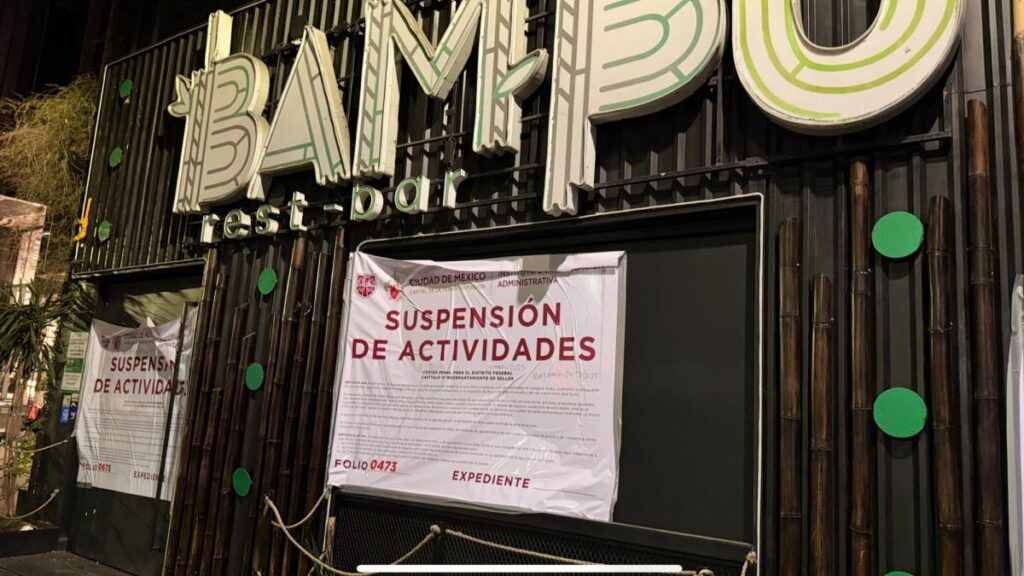Background on the Situation
Over the past six months, the restaurant industry in Benito Juárez and Cuauhtémoc alcaldías has undergone a significant transformation due to stricter inspections and closures. This shift aims to address long-standing corruption practices that allowed bars and restaurants to operate irregularly for years.
Support from Local Business Owners
Despite initial concerns, prominent restaurant owners in the Roma and Condesa neighborhoods have shown support for these new enforcement measures. They recognize the importance of respecting public space and adhering to urban regulations, ultimately benefiting both their businesses and the communities they serve.
Key Issues Addressed
- Misuse of public space: Unauthorized loading, unloading, and operation on sidewalks, disrupting pedestrian movement.
- Lack of compliance with urban and environmental regulations: Failure to adhere to established rules governing construction, noise levels, and waste management.
Focus on Benito Juárez: Pressure on Bars
In Benito Juárez, particularly in Del Valle, recent operations target bars and restaurant-bars that:
- Exceed permitted operating hours.
- Generate excessive noise levels.
- Occupy sidewalks through valet parking services.
Restaurant owners consulted acknowledged that these stricter measures are a response to accumulated neighborhood complaints. Although some formal businesses have faced challenges, they agree that intervention was necessary to curb systematic law-breaking.
A New Standard for Capital Gastronomy?
Transitioning to full compliance with regulations requires restaurants to:
- Reorganize operations to respect opening, service, and supplier logistics hours.
- Invest in infrastructure upgrades and noise control measures.
- Modify internal practices that were previously normalized.
While some entrepreneurs express concerns about potential economic impacts, there is consensus that fair and corruption-free regulation will help order the urban ecosystem and enhance coexistence in high restaurant concentration areas.
Key Questions and Answers
- What is the main issue being addressed? The primary concern is the long-standing corruption that allowed bars and restaurants to operate irregularly, disregarding public space and urban regulations.
- Who supports these new measures? Despite initial apprehensions, prominent restaurant owners in Roma and Condesa have shown support for stricter inspections and closures.
- What changes do restaurants need to implement? Restaurants must reorganize operations, invest in infrastructure upgrades, and modify internal practices to comply with regulations.
- What are the expected benefits of these changes? The new regulation, applied fairly and without corruption, will help order the urban ecosystem and improve coexistence in high restaurant concentration areas.






